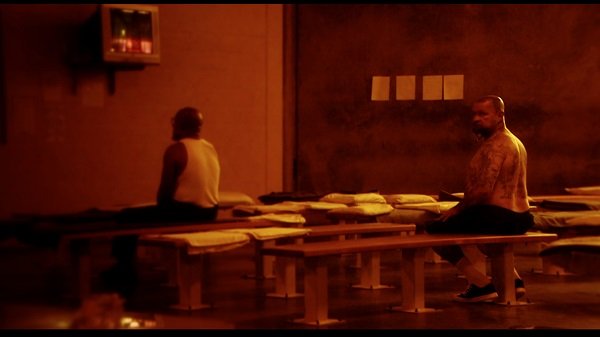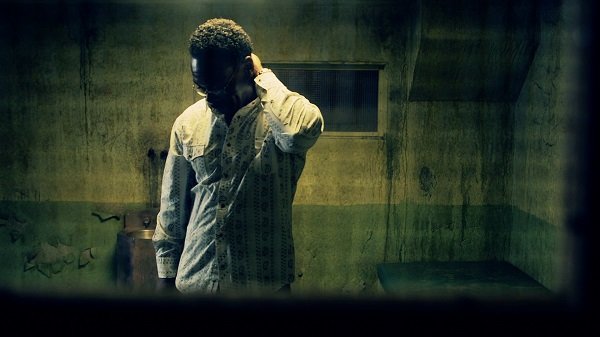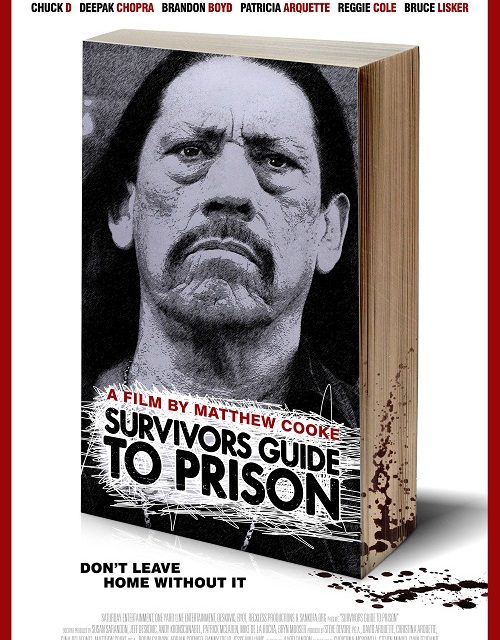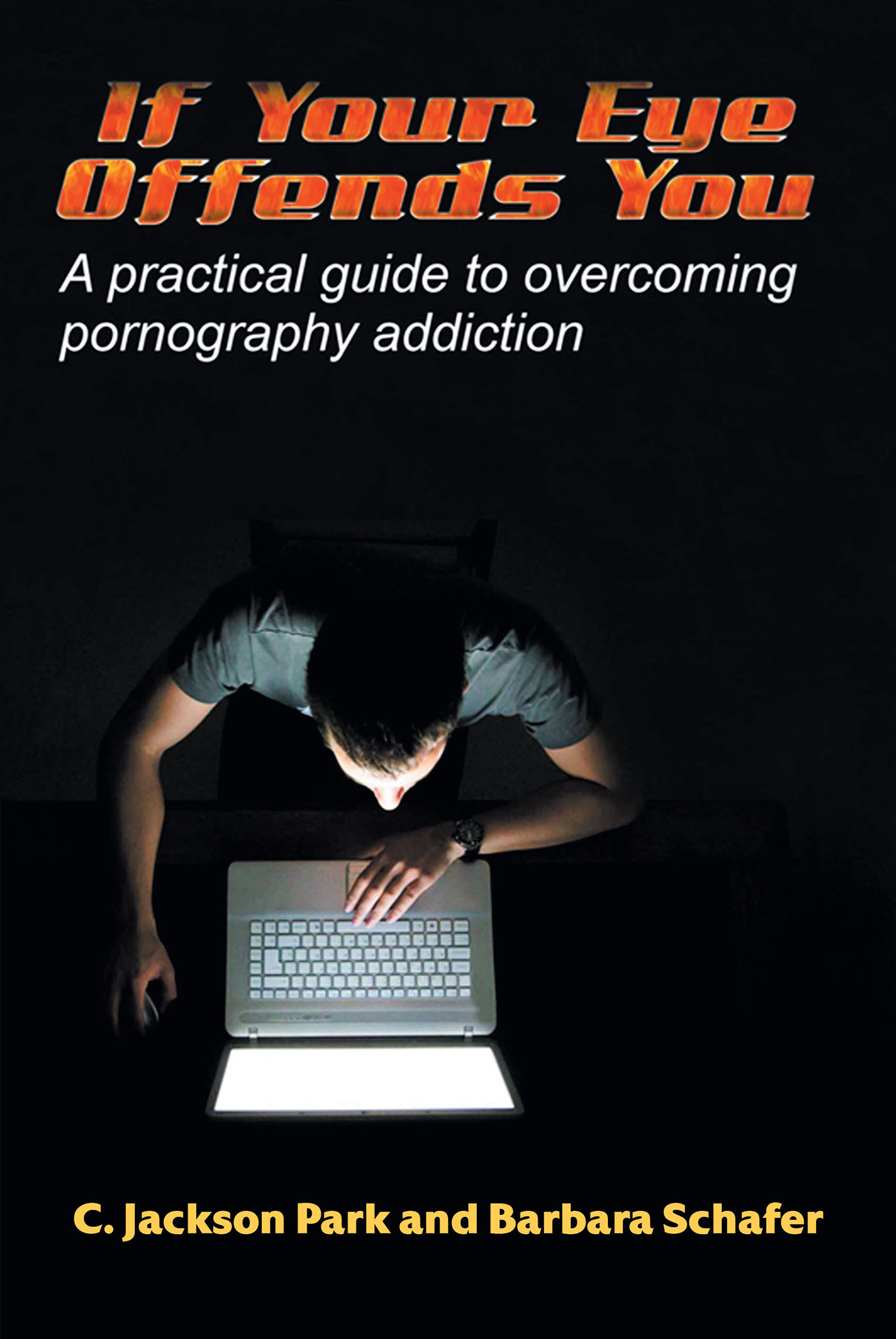By Neil Paul @neilpaulmusic
Last week I had the opportunity to attend the New York City premiere of “Survivors Guide to Prison”, which included a panel discussion with filmmakers and leaders in the criminal justice reform movement. I also had a chance to have an enlightening conversation with Director/Writer/Narrator Matthew Cooke after the event. We are in a golden age of social issue documentary filmmaking – Cooke and the ‘Survivors Guide’ team provide a powerful testament to the gravity and toll that the criminal justice system has on our society and the urgency for reform.
What makes criminal justice a particularly difficult topic to emerge into the forefront of movements is its perceived lack of relatedness to the average person. The film accomplishes this largely through placing you the audience in a realistic scenario of being falsely convicted and placed behind bars. Concurrently, the film focuses largely on the first-hand stories of its two main subjects, Reggie Cole and Bruce Lister, who were in the wrong place at the wrong time. As a result, they had to live through the unimaginable.
In our conversation, Cooke added even greater clarity on how this issue is a fundamental part of public policy and foundational to how we live in a society by exposing how we define crime and handle conflict. In reference to the Dostoevsky quote, “the degree of civilization in a society can be judged by entering its prisons,” it is indeed many of the world’s most powerful and populated nations that are the worst offenders.
Like many other core issues, collective ignorance and an unwillingness to face the discomforts of reality have paved the way for this current state. To Cooke, this film was a responsibility. The norm of terrifying prison conditions compounded by the 2.2 million prisoners in the United States can only be resolved through the complete transformation. But first, it takes building awareness, education, and a willingness to engage.

The film tackles the issue on many fronts: conflicts of interest in achieving high conviction rates in both the prosecutorial and police systems, capitalized privatization of prison management, dangerous and unsanitary conditions, and unnerving parallels to slavery, including the inherent racial imbalances within the system. As highlighted on the panel, this is a nonpartisan issue and I agree that the film did a good of framing it this way.
Within all of the exposition of what is wrong, plenty of light is shed on highlighted examples of people, programs, and organizations that are demonstrating a more enlightened pathway with proven results. Meditation programs as portrayed in the film “Dhamma Bums” and practical education and skill-building programs are having profound results in rehabilitation and life success post-incarceration. The data is compelling and hopeful. An L.A. police officer emerges as one of the heroes of the film through his example of putting his reputation and acceptance by his peers on the line by exposing the investigative errors leading to false incarcerations and challenging the status quo.
The panel discussion provided an engaging experience and deeper dive into these issues. The audience was heavily involved: we heard from a retired New York City police officer, passionate about change and our current political climate, as well as a gentleman who was recently released from behind bars, who was deeply and emotionally appreciative of this film’s willingness to show the struggle of those in jail who have little to no voice.
With a seemingly overwhelming challenge of affecting such a large and complex issue, many points were made on calls to action with some skepticism on the effectiveness of engaging with politicians through the standard protocol of letters and phone calls.
Cooke concluded the panel discussion with the message that simply sharing the message with others and opening up the dialogue is a great start. In our conversation, I asked Cooke to elaborate on this message – he pointed to all the great work already being done and all these great organizations out there being a sign of movement in a positive direction and amplified his message of real engagement and conversation.. and not the kind found on social media.
This is an important film, and an even more important movement because it shakes the foundation of our beliefs and moral systems in a new era of a transforming social consciousness and engagement. To paraphrase Cooke, we are a funny society in that we want the conveniences and comfort of modern life without knowing the consequences and suffering behind the curtain… and yet we still want our opinions to be known. For a vast majority of us, it is time we learn more. In the spirit of sharing the message, I highly recommend this to everyone – it is certainly can be uncomfortable to witness the suffering and face these challenges issues but this is necessary for our growth. As Cooke concluded in our conversation together, we are in this thing called life together so let’s find a way to lift each other up and make a difference in our collective future.
“Survivors Guide to prison” is currently available on iTunes, Amazon, and Google Play.






